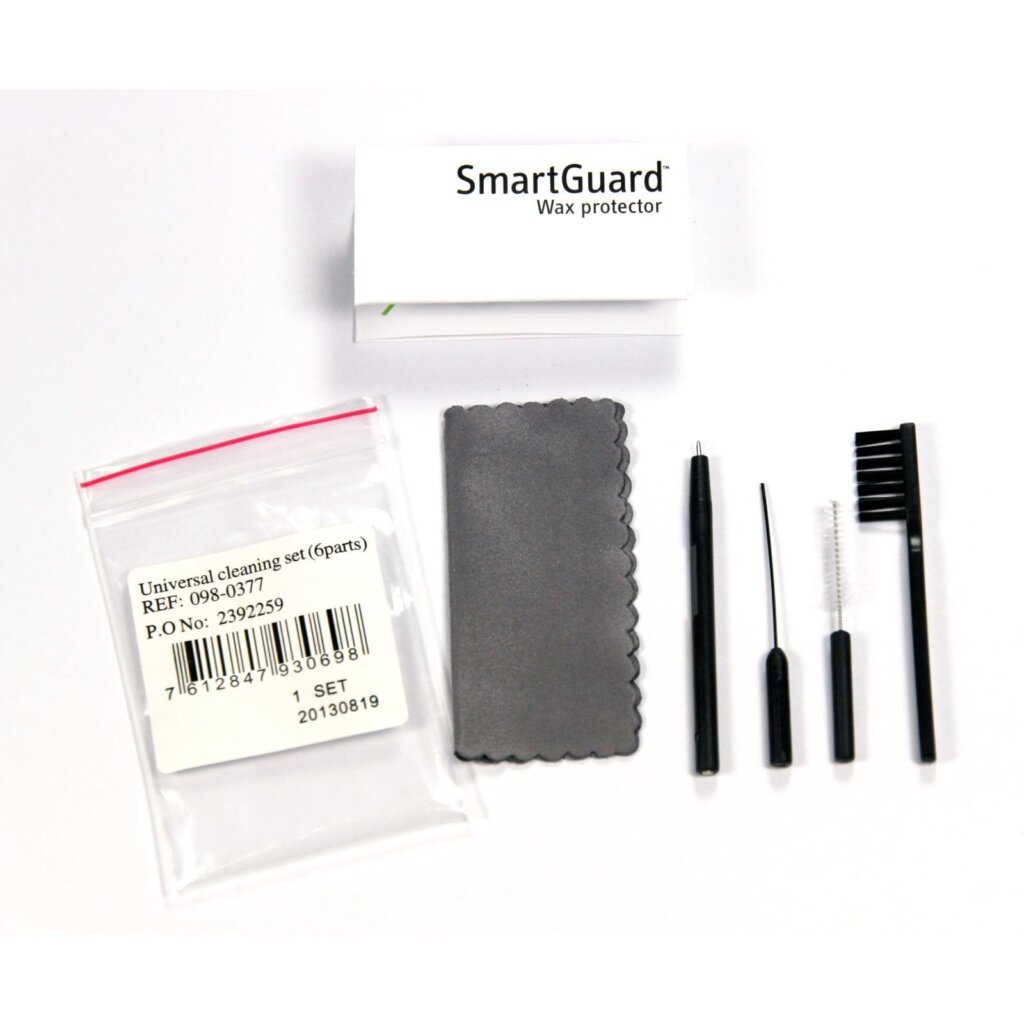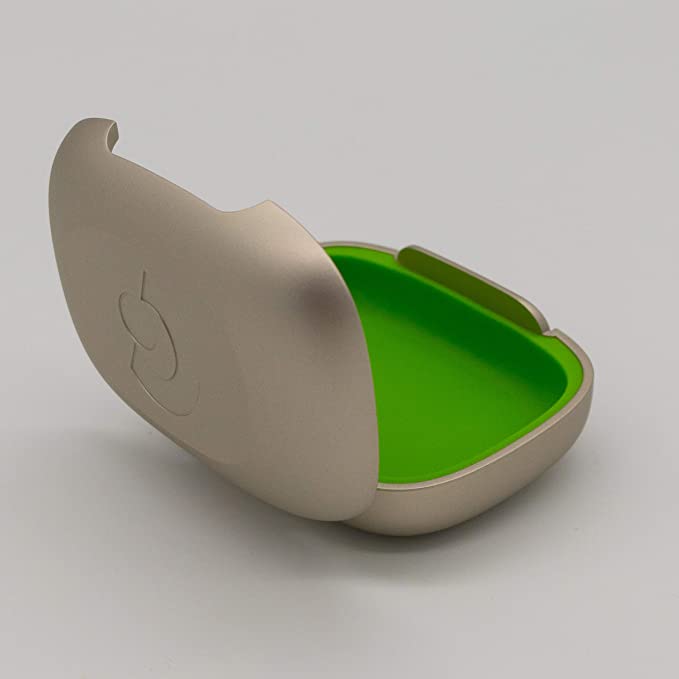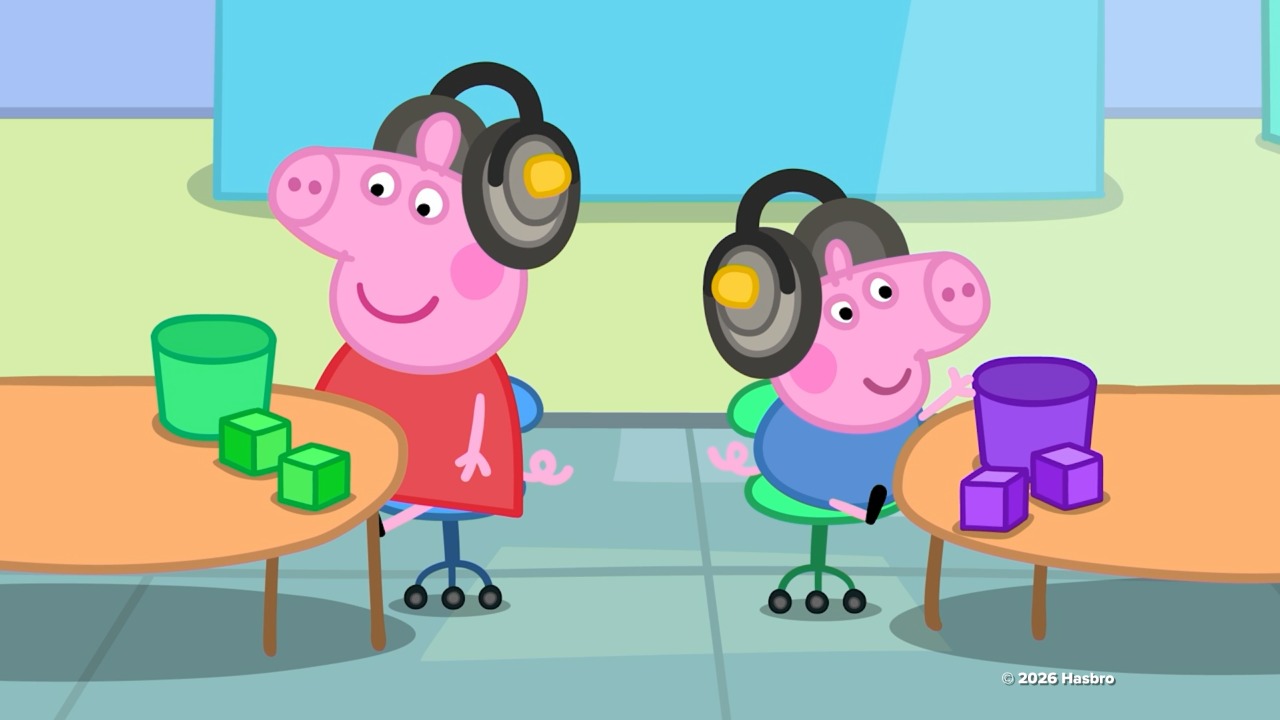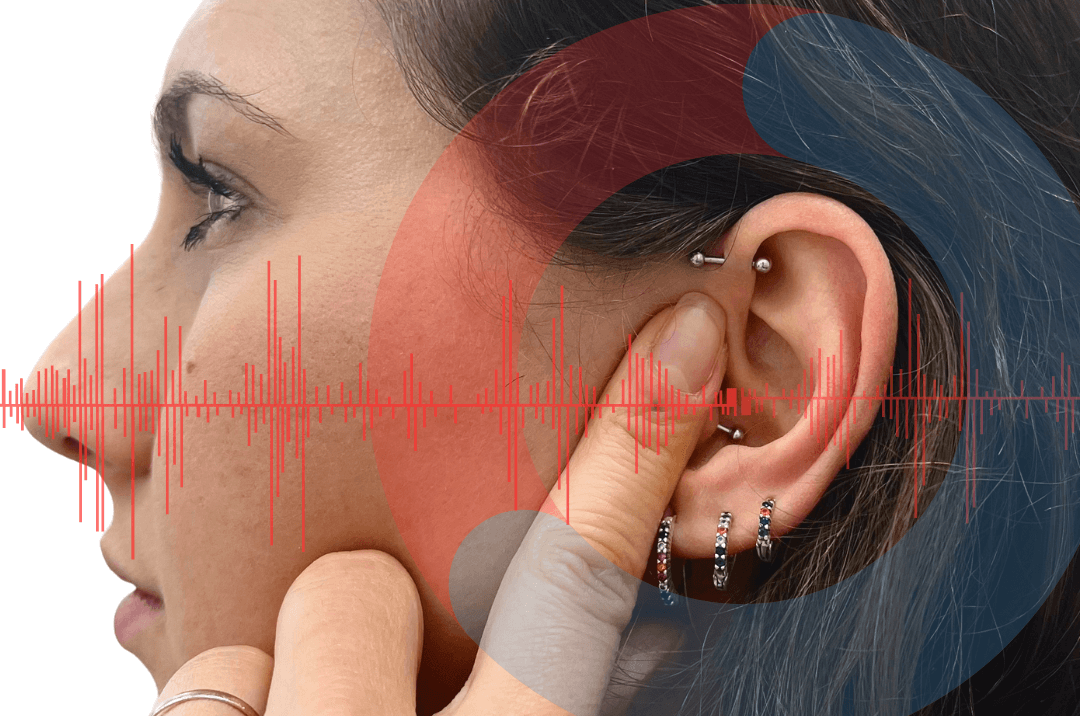
What Is Diplacusis?
Diplacusis is a rare hearing disorder in which a single sound is perceived differently by each ear. Instead of hearing
Some people love to give their house a spring clean after the coldest months of the year are over. It’s a great idea to do the same for your hearing aids! To keep your hearing aids in excellent working order, you will need to clean them regularly. If you get into a routine of doing this from the beginning, you won’t forget to do it. Your hearing aids will most likely come with some form of cleaning tool / kit but if not, there are lots of alternatives available on the high street and online. A cleaning kit typically contains small brushes and dry cloths that allow you to clean your aids effectively.

The first thing to do is give your aids a visual inspection. You will then be able to clearly see the areas that need cleaning. You can begin by using a soft cloth to wipe over your aids gently. Do not ever use water or place your aids in water as this could ruin them. Once you have wiped them over, you can begin to use the small brushes and tools to dislodge any ear wax that may have built up.
Once your hearing aids are clean, you can assess whether you need to change the wax filters and domes (if applicable). It is advisable to change these at least once a month to ensure they aren’t clogged up with ear wax and affecting your hearing.
The beginning of spring also sadly brings with it the beginning of hay fever season. Hay fever is an allergic reaction to pollen. This can sometimes cause inflammation and blockages in the ears of sufferers. Unfortunately this can then lead to temporary hearing loss. Blockages in the ear can be caused by excess ear wax which, if left, can cause people to suffer with symptoms of tinnitus. This excess ear wax can be caused during hay fever season by a build-up of mucus generated in the sinuses. This mucus, if produced in the nasal passage, can put pressure on the ear canal. This pressure can often cause discomfort and even pain. Any excess ear wax can be removed easily and painlessly with an ear wax removal appointment.
If you are a hearing aid user, you need to ensure that you are regularly changing your wax filters and cleaning your aids so they are free from excess wax. Some people may produce more ear wax if they are struggling with allergies. This means the wax filters may need changing more often than you have been for the past 6 months.
As we move towards the warmest months of the year, it’s important to remember that your hearing aids are not well suited to spending a lot of time in high temperatures. If it is a hot day, you will need to be mindful of leaving hearing aids out in the sun. When you take your hearing aids out, be sure to pop them safely into your case. You should not leave them on a window sill, on display in your car or on a table in the sunlight. They need to be stored in a cool, dry place and not in the direct sunlight.

If you’re lucky enough to be off on a break somewhere or taking a trip to the beach, you need to ensure that you do not get any sand or water into your aids. We would advise that you wash your hands thoroughly after touching sand before handling your aids. If they do get sand inside, it can clog up your aids. It goes without saying that if you are off for a dip in the pool or sea, your aids must be removed first. There are now some models of hearing aid that are waterproof but the vast majority are not.
If you ever need any further advice on caring for your hearing aids in the Spring, please don’t hesitate to reach out to us. If you feel it’s time to begin your hearing journey, book yourself in for a hearing consultation!

Diplacusis is a rare hearing disorder in which a single sound is perceived differently by each ear. Instead of hearing

Whether you have children in your life or not, we’re willing to bet you’ve heard of Peppa Pig and her

Tinnitus is the perception of sound when there is no external source. It is commonly described as a ringing in